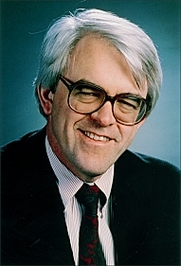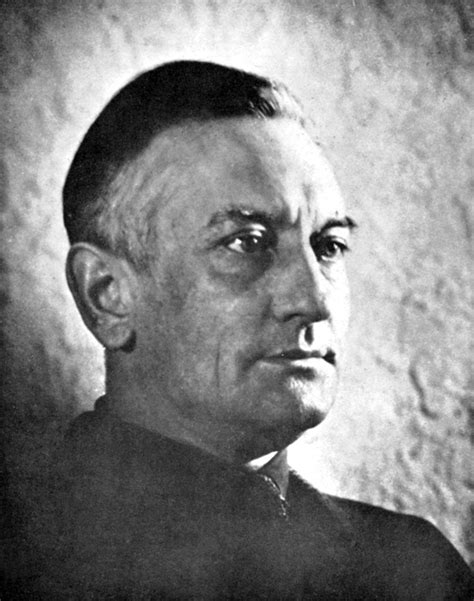A Quote by Jeff MacNelly
Writing is simple. First you have to make sure you have plenty of paper... sharp pencils... typewriter ribbon. Then put your belly up to the desk... roll a sheet of paper into the typewriter... and stare at it until beads of blood appear on your forehead.
Related Quotes
You try to sit down at approximately the same time every day. This is how you train your unconscious to kick in for you creatively. ... You put a piece of paper in the typewriter, or you turn on your computer and bring up the right file. ... You begin rocking, just a little at first, and then like a huge autistic child. ... Then your mental illnesses arrive at the desk like your sickest, most secretive relatives. And they pull up chairs in a semicircle around the computer, and they try to be quiet but you know they are there with their weird coppery breath, leering at you behind your back.
When I sit down at the typewriter, I write. Someone once asked me if I had a fixed routine before I start, like setting up exercises, sharpening pencils, or having a drink of orange juice. I said, "No, the only thing I do before I start writing is to make sure that I'm close enough to the typewriter to reach the keys."
I edit as I go. Especially when I go to commit it to paper. I prefer a typewriter even to a computer. I don't like it. There's no noise on the computer. I like a typewriter because I am such a slow typist. I edit as I am committing it to paper. I like to see the words before me and I go, "Yeah, that's it." They appear before me and they fit. I don't usually take large parts out. If I get stuck early in a song, I take it as a sign that I might be writing the chorus and don't know it. Sometimes,you gotta step back a little bit and take a look at what you're doing.
Ink and paper are as cheap as sand or water, almost. No board of directors has to convene in order to decide whether we can afford to write down this or that. I myself once staged the end of the world on two pieces of paper- at a cost of ...less than a penny, including wear and tear on my typewriter ribbon and the seat of my pants.
'Think of that.
I don't even own a computer. I write by hand then I type it up on an old manual typewriter. But I cross out a lot - I'm not writing in stone tablets, it's just ink on paper. I don't feel comfortable without a pen or a pencil in my hand. I can't think with my fingers on the keyboard. Words are generated for me by gripping the pen, and pressing the point on the paper.
Of all the art forms, poetry is the most economical. It is the one which is the most secret, which requires the least physical labor, the least material, and the one which can be done between shifts, in the hospital pantry, on the subway, and on scraps of surplus paper. ... poetry has been the major voice of poor, working class, and Colored women. A room of one's own may be a necessity for writing prose, but so are reams of paper, a typewriter, and plenty of time.


































